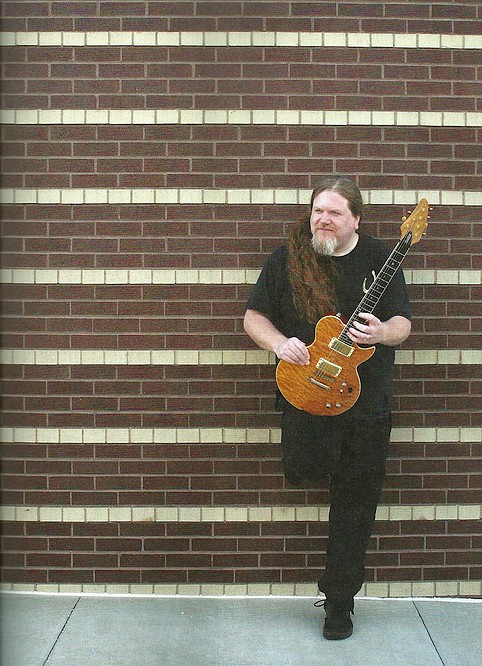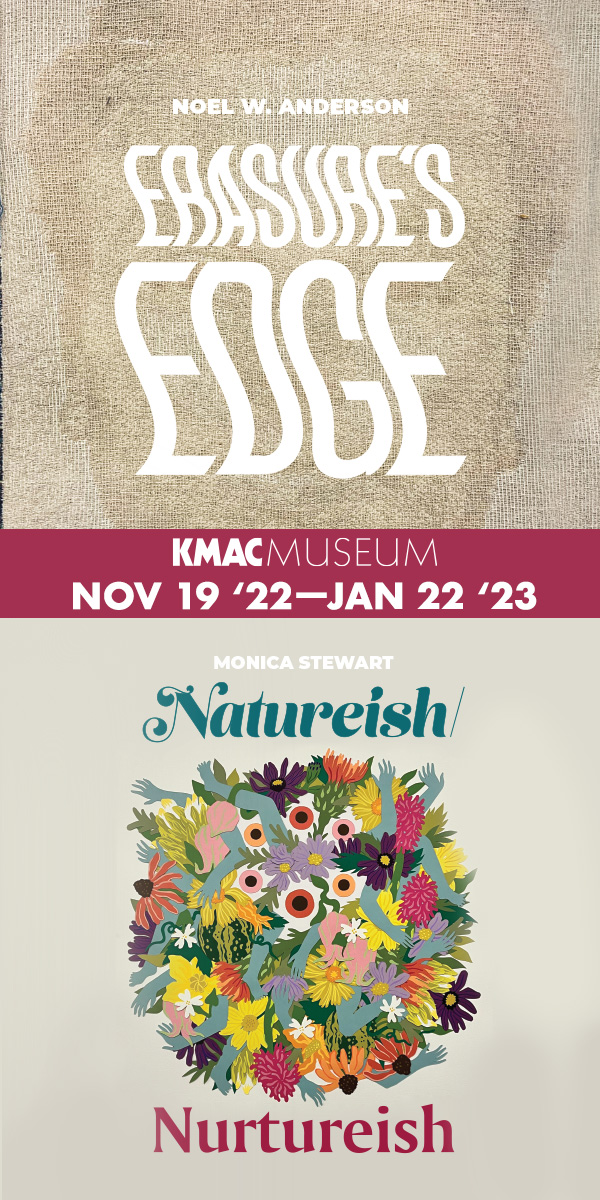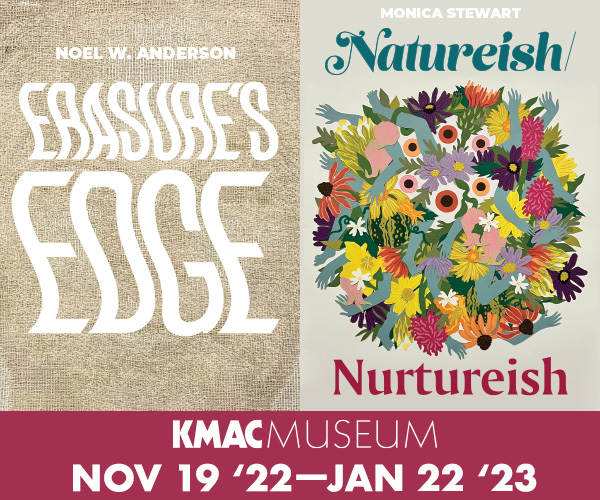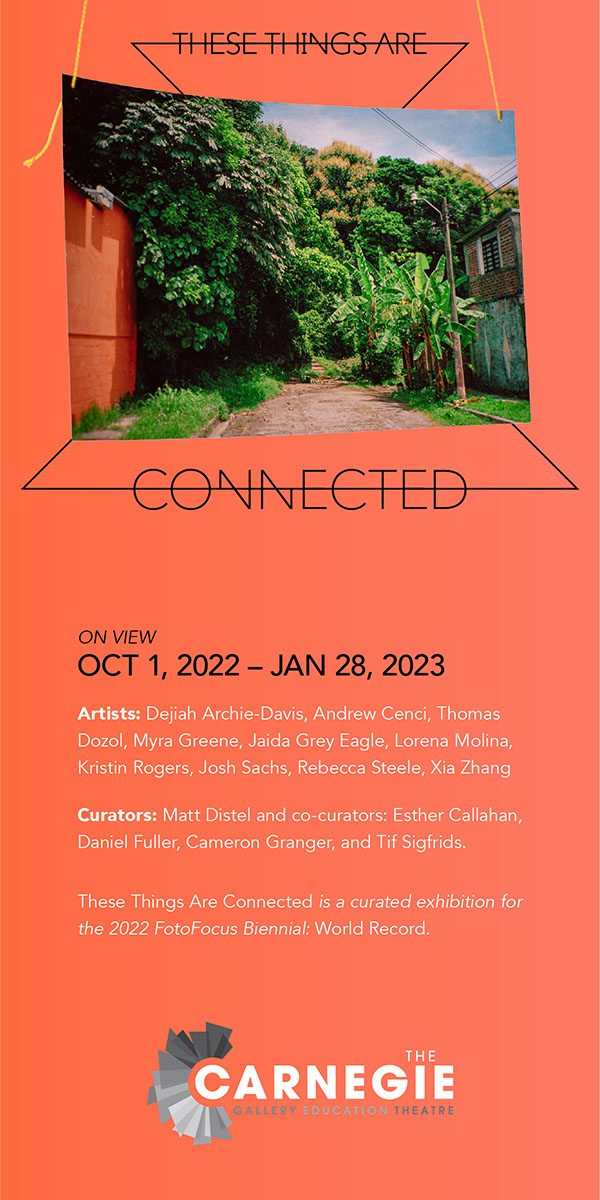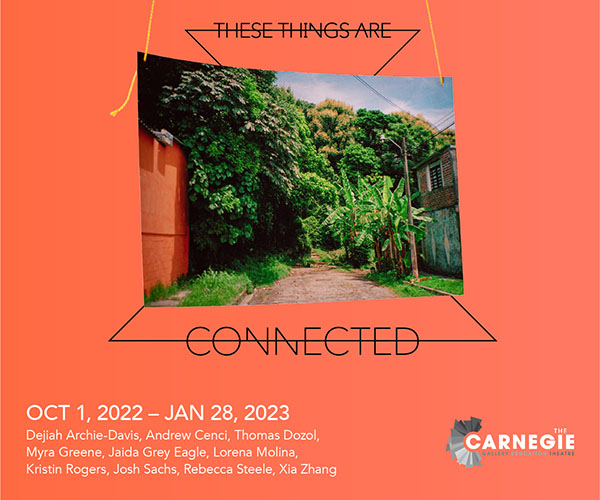Ben Lacy has for over three decades been a prominent musical artist on the local scene here in Lexington as well as the world stage. His highly-recognizable style and uncanny acumen for guitar have allowed him over the years to play with the likes of Al DiMeola and many other well-known guitar titans. Born to Alice and Terry Lacy here in Lexington on Christmas Day, 1970 (a birthday Ben shares with his Dad), he grew up first in the Wilson Downing area before his family moved across town to Chevy Chase. In a conversation with UM contributor Charles Sebastian, Ben opens up about his playing, his heroes, and what makes him tick.
UM: Tell me about your early influences musically.
BL: That would be mainly my dad, Terry.
UM: Also a musician?
BL: Oh, yes. He still plays with some fellas regularly. He would tinker a lot when I was little. There were instruments all over the house. He does a lot of Bluegrass. Dad was a big influence. He took me in for one lesson with a classical guy when I was a kid. That was the only proper lesson I’ve ever had.
UM: Surely there were other influences that helped you develop your chops, though.
BL: Sure. When Willis Music was in Fayette Mall, I saw Jeff Calhoun, who was in a few bands. He worked at Willis. I’d see him after school. I’d go in and not buy anything and be a bum. You know, just hang out and absorb the scene and the vibe. So, Eddie Van Halen first, then Steve Morse, who was with the Dixie Dregs, and later the Steve Morse Band. What Steve did for me was an appreciation for arranging and my picking level was raised.
UM: What about other non-local influences?
BL: Wes Montgomery comes to mind.Â
UM: Was guitar your first choice as an instrument.
BL: I actually started with cello. I wasn’t totally feeling the vibe. I felt it was preparing me more to play with an orchestra and I was a lot more interested in rock and the hard stuff.
UM: So you switched to guitar. When was this?
BL: I would’ve still been in elementary school.
UM: So you got a taste of your first electric. What was it?
BL: It was a Hondo II, which looked a lot like a Les Paul.Â
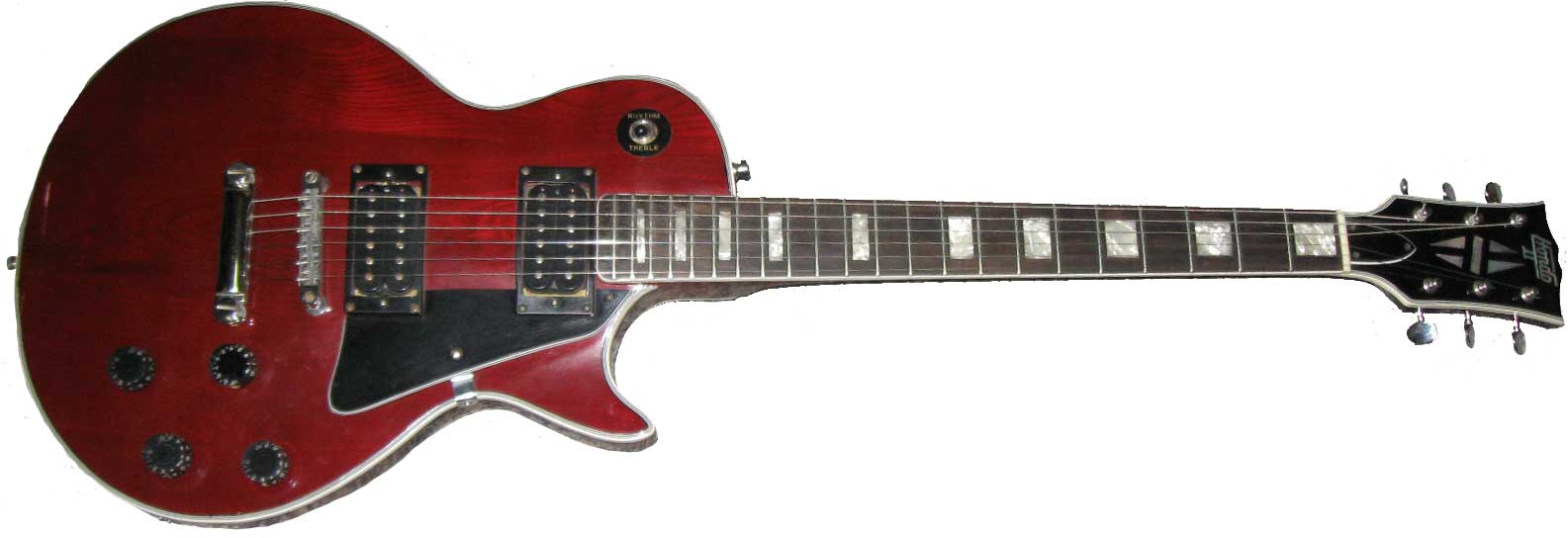
Then I graduated to an Ibanez Roadstar, which was a bit more Strat-shaped.
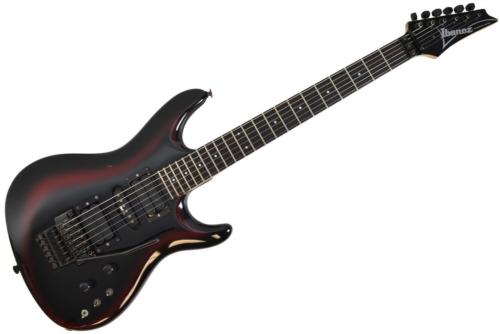
UM: Were you going to see shows this early?
BL: My brother, John, and I went to see a lot of acts with Dad. Ricky Skaggs, Boone Creek, a lot of local stuff. We went to the state fair 35 years ago and I was blown away by “Moonlight†by Starbuck. That still sticks with me.
UM: That’s some softer stuff, though. You started getting more rockish after awhile, right?
BL: Absolutely. My best friend at the time showed me the Van Halen album, Women and Children First, around 1980. It transformed me.
UM: I think a lot of guitarists were opened up by Eddie Van Halen.
BL: Totally. I also got big into Yngwie Malmsteen, Judas Priest, and Kiss around that time.
UM: Are you still as inspired by those bands today?
BL: Many of those still work for me. Van Halen, Stones, then it all progressed.Â
UM: Progressed to?
BL: James Brown, Stevie Wonder, Steely Dan and others. I was constantly changing how I was listening to music and what I was listening to. I also felt I owed it to my audience. Any guitarist can just stand up and shred through scales; there’s not really a heavy art to that. To feel the groove of the song, though…
UM: To really get into the character of the music you’re playing, you mean?
BL: Yes, and to have a versatility and openness.
UM: Your song interpretations sound very different. Is that by design or just the style you fell into through years of playing and influence?Â
BL: Well, I do play a lot, usually over 100 gigs a year. And yes, my style has developed from all that stage time. Solo’s my bread and butter, but I do some duets and I have a vocalist, Corey Cross. Also Alan McKenzie, a drummer, we play a lot of old-school rock. The bass player who gigs with me a lot, Robert Scott Bryant, is more of a Jazz guy.Â
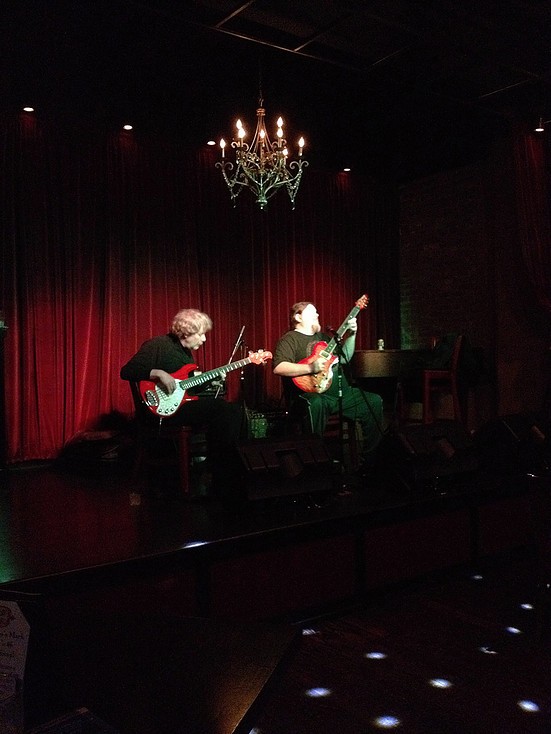
UM: So, not as much studio work.
BL: I haven’t been in the studio in a long time, I’ve been gigging so much.
The last thing I submitted for a CD was a Steely Dan tribute album (Maestros of Cool), which they approved. It was released just in Europe and I did a cover of “Hey 19.â€
UM: So gigging really just developed over the years, like building any clientele?
BL: Right. I was teaching a lot and I said “why am I teaching, when I’d rather be gigging?â€
UM: It seems there are those musicians who would rather be recording than gigging, too. But the reverse seems true for you.
BL: Truthfully, the only thing I think about is “how can I get better?â€
UM: That’s a great sentiment for anyone in any business.
BL: The trick is, I have to find that “shed-time,†where I’m able to cultivate and be creative. You have to keep a youthful exploration. I borrow from all of my influences, but I want to play like me. I want people to say “that’s definitely Ben.â€
UM: What makes really good music for you?
BL: Something someone can connect with.
UM: A groove, something that speaks.
BL: Exactly.
UM: You were married not too long ago. Did that change things for you?
BL: Most certainly. I married the most beautiful woman I ever met on Oct. 14, 2012. Erica. 2 step-kids. She’s definitely into music, 80s all the way.
UM: Congratulations! Do you feel the standard for music and what sells on the world market has lowered over the years?
BL: Yes.
UM: Who do you feel is out there keeping it real?
BL: Chris Stapleton and Adele come to mind. There are others, but a lot of them are still going and are from 70s-80s.
UM: Was there something considerably different about the artists coming from those decades than most today?
BL: I believe there was more appreciation for the craft. If you bought a vinyl or an 8-track, you knew the people involved actually took the time to learn their instruments. And that was all in an effort to connect to an audience.
UM: Even back then though, there were those artists that were sub-par and are now pretty much forgotten or remembered with a chuckle.
BL: Right, but the ones who really made a difference, the ones who really delved into the craft, that stuff holds up today. I can still go back to some of that early Van Halen stuff, Diver Down, etc. It’s still great.
UM: And a lot of the commercialized or commodities-posing-as-artists probably won’t be remembered in forty years, like Van Halen.
BL: I don’t believe so.
UM: When did your following really kick in?
BL: In 2000 I was still teaching at Willcutt Guitars. There would be these announcements for NAMM Shows. (The National Association of Music Merchants). That’s where my name started getting around. There are two per year, one in Anaheim, then one in Nashville. It’s the kind of thing where there are all kinds of players, albums for sale, new ideas. It’s great. I went to these for 12 years and my name just started getting out, mostly just by playing solo at the events.
UM: So people just started to slowly get word of Ben Lacy through the shows?
BL: Yes. I was endorsing Brian Moore Guitars, out of New York at the time. The people at Brian Moore were great and the guitar was great. I just love the way it feels. I’m still with them.
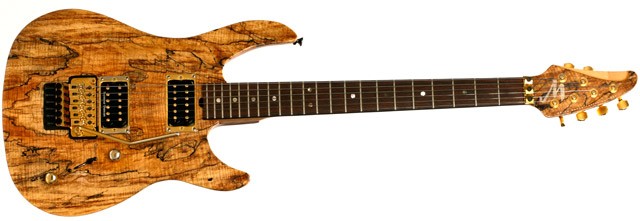
UM: Wonderful. So they would help set you up at the shows?
BL: Right. They’ve been flying me to shows and paying me. After years of doing these, all of a sudden, I had a hundred people around me playing. From there, things escalated and I started playing All-Star Guitar Night, which is part of the NAMM Show. I think there’s still some footage on YouTube of me playing “Kashmir,†by Zeppelin.
UM: I’ve noticed that you have a bunch of clips of other pieces on your Facebook page and YouTube.
BL: Yeah, I’ve been doing a fun little thing: posting 1-2 minute clips of well-known songs. Just me sitting and jamming it out. I don’t even play the whole thing, given everyone’s limited attention spans nowadays. I did the Bowie “Fame†recently, after he passed.
Check out Ben’s FB page to see some of the clips and to follow Ben and keep up with his gigs.
UM: Is there anything super-duper exciting coming up, besides the regular gigs?
BL: I have the Raleigh International Guitar Summit next month, which should be fun and informative.
UM: I like that your main focus is “to continue to get better.â€
BL: I find myself onstage with a bunch of great players and am grateful. Continuing to get better, yes, that is the first thing on my mind.
UM: Ben, it’s been a real pleasure. We look forward to seeing you play again soon.
